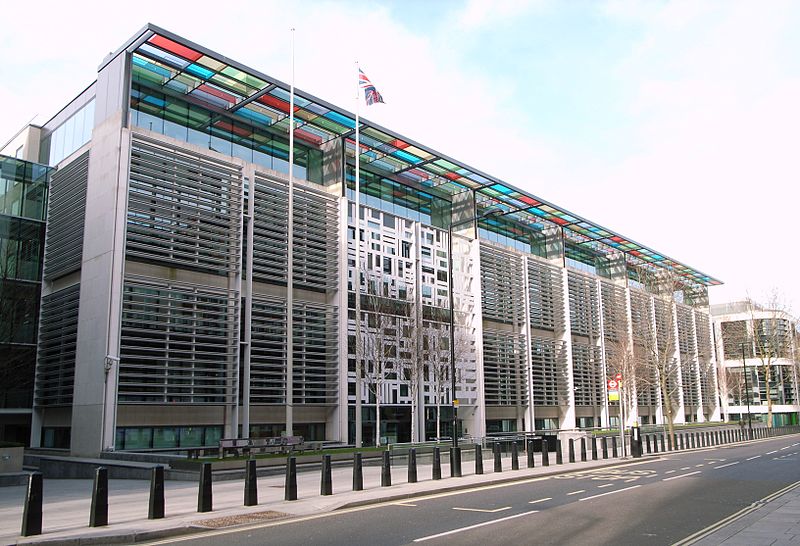
The UK government is facing difficulties in reducing the amount of foreign aid being spent on hotel accommodation for asylum seekers, according to newly released figures.
A recent update from the Home Office reveals it plans to spend £2.2 billion of Overseas Development Assistance (ODA) on asylum-related costs this financial year. This is only slightly less than the £2.3 billion spent in 2024/25, despite efforts to curb spending.
Most of this money is used to pay for hotel accommodation for around 32,000 asylum seekers currently in the UK. Under international rules, some foreign aid can legally be used to support asylum seekers during their first year in a host country.
The Home Office says it is working to reduce reliance on hotels by speeding up asylum decisions and tightening eligibility rules. It also claims it cut overall asylum support costs by £500 million last year, returning £200 million in ODA to the Treasury.
Despite this, watchdog reports suggest costs are spiraling. The National Audit Office (NAO) recently warned that a £4.5 billion contract signed in 2019 to house asylum seekers may now cost more than £15 billion over a decade.
Home Secretary Yvette Cooper has acknowledged the high costs and told MPs she is determined to “end asylum hotels altogether.” Efforts are underway to increase the use of longer-term dispersal accommodation, particularly in Greater Manchester, where the Home Office is collaborating with local authorities.
Critics argue that using foreign aid to cover domestic asylum costs undermines the purpose of the ODA budget, which is intended to support poverty relief and development overseas.
Gideon Rabinowitz, policy director at Bond, a network of development organisations, said the current use of foreign aid for domestic costs is “unsustainable” and “poor value for money.”
Sarah Champion, chair of Parliament’s International Development Committee, also warned that diverting aid to cover Home Office spending harms global humanitarian efforts and risks damaging the UK’s international reputation.
Aid spending has already been cut significantly, from 0.5% to a planned 0.3% of gross national income by 2027 – reducing the aid budget from around £14 billion to £9 billion. Labour has declined to match the previous government’s commitment to top up aid spending by £2 billion.
Meanwhile, Conservative MP Chris Philp accused Labour of failing to deliver on its manifesto pledge to end the use of asylum hotels, claiming more migrants are being housed in hotels now than before.
In response, a Home Office spokesperson said: “We inherited an asylum system under exceptional pressure and are taking action to reduce costs and restore order. Speeding up decisions and increasing returns will help us end hotel use and save taxpayers £4 billion by 2026.” Photo by Steve Cadman, Wikimedia commons.




































